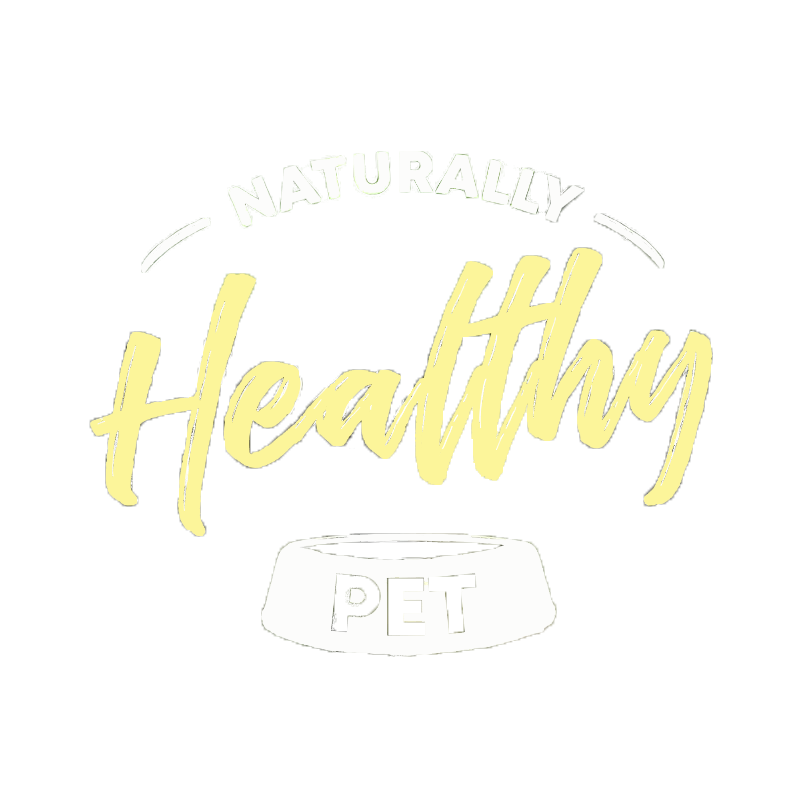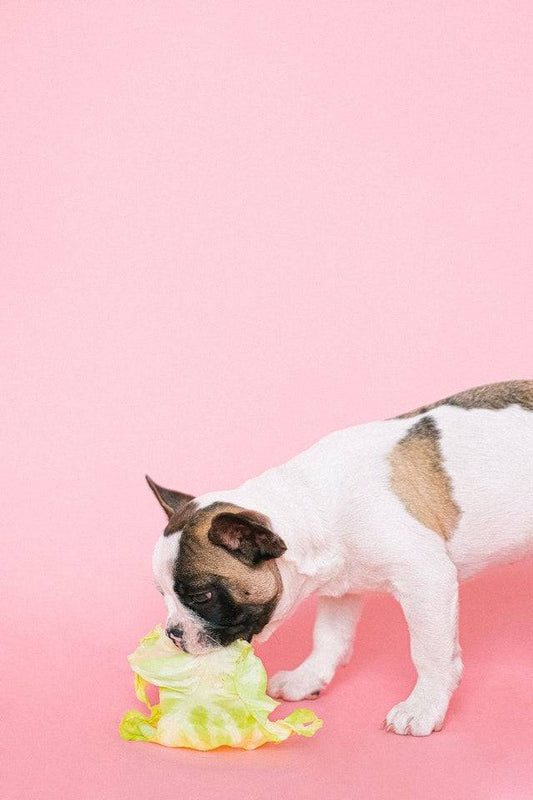1. Does your dog have frequent gas ?
If your dog is on a natural diet they should barely ever suffer with gas and it certainly should not be a frequent occurrence. If this is the case, this is a sign that something
in the diet your dog has is causing problems and not easily digestible, creating gas in the stomach - this is not something to take lightly, as it is unpleasant for all around, means your dog is not going to be feeling very well [you know how it feels when your stomach is unsettled] which could impact on his/her behaviour, and in deep chested dogs could even put them at risk of bloat and torsion, which is very serious
and painful and can result in death.
The ideal diet for your dog is easily digested, creating no excess gas in the stomach. They may have gas on the odd occasion if they eat something new and it doesn't agree or is too rich but other than that, it should be unheard of.
2. When your dog goes to toilet, is it firm, formed and easy to pick up, leaving barely a mark ?
If, when your dog goes to the toilet, you cannot easily pick it up, and there are copious amounts of it, then this is a sign it is not being digested. This means your dogs digestive system is being put under tremendous pressure every time they eat, trying
to digest food which is indigestible for them, calling on organs to produce enzymes in amounts they are not designed to, working harder than they are designed to, and failing because the food is just not compatible with the way their body has been designed and the food their particular digestive system is designed to have. This is important because if food is not being digested, then the animal is not getting any nutritional value from that food. It also means your dog is having to work so hard in digestion, and go without essential nutrients, and so will have a low immune system and be more subject to ill health and sickness.
With food which is right for your dogs digestive system, they should pass small, firm, formed poo which is easily picked up and leaves no or very little trace of ever being there at all.
3. What kind of colour is your dogs toilet ?
If your dog's diet suits them, aswell as being well formed and firm, your dogs poo will be a dark brown in colour, and if left, in a day or two, whiten and crumble as dust into the earth. If your dogs toilet is any other colour than this, it indicates an unhealthy digestion i.e. if it is clay coloured or mucousy, this is a serious indication of pancreatic issues, which is very painful for your pet, and will only worsen if not sorted out with a more suitable diet, until the dog becomes very ill and may, by that time, need lifelong medication or supplementation to help.
4. Does your dog suffer with a gurgly tum ?
What is one of the first signs that your own stomach is not 'happy' with what you've eaten, or is unsettled - it is this, so you then know, every time your pet has a gurgly tum, they are unwell and so this should not be ignored.
5. Does your dog suffer with dirty teeth ?
The diet naturally right for any animal will take care of all aspects of health, naturally. Healthy animals in the wild donot need dental intervention - a dog is not designed to eat carbohydrates - we have to look to the wild dogs as they are the ancestors of our domestic dogs today, and whereas man has changed the appearance of the domestic dog, their digestive system has not evolved. Carbohydrates have only become a large part of the domestic dogs diet since processed petfood first began, in 1860 - that is only 151 yrs ago, whereas it takes thousands of yrs for an animal to evolve.
A diet without carbohydrates will see the dog eating it having clean teeth, maybe a little staining, but with no build-up and veterinary intervention will not be needed. Sometimes, if a dog has teeth which are not aligned well, in a severely over/undershot jaw, dental issues 'may' occur, but this is not common for all dogs.
6. Does your dog have any skin problems like patches of excema ?
This is not 'just something all dogs have' - the skin is the body's largest detox organ,
if this crops up on your dog think back - what has changed in the last 3-6mths ? Diet, vaccines/boosters, wormer/flea treatment, your laundry detergent or fabric softener, household cleaner etc. etc.
7. Does your dog always have a terrible smell that is not from any specific place ?
As mentioned above, the skin is the body's largest detox organ, and a dog fed a poor diet [usually dried] will detox out of it's skin and have a terrible smell which is not
from any one place in the body like ears, anal glands etc. where you might expect issues that might cause odor, but it will just be a horrible smell which you can't place, but it will fill your home.
8. Is your dog a 'Poo-Eater' ?
This can be for a few reason's. A pup can learn this through copying mum when she is cleaning up after her pups in the litter, a dog can learn it is something which gets attention from it's owners, but a big reason dogs will do this, is in an attempt to get nutrients it's own diet is not supplying.
9. Does Your Dog Suffer With Anal Gland Problems ?
A suitable diet will mean for the majority of dogs, that they don't have problems with anal glands needing emptying by a vet as the diet will take care of it naturally.
10. Regular Smelly Waxy Ears/Gunky Eyes ?
This is a direct sign of either a low immune system and compromised health, or the body trying to detox out rubbish which it has identified as being not useful or needed. There are many things which are caused by a low immune system, and so poor health, at the centre of which is diet, as 70-80% of the immune system is in the gut and so directly affected by how suitable a diet is, and how much nutrition an animal is able to access from their diet.
11. Does Your Dog Drink Ridiculous Amounts of Water ?
It is known that many dogs fed a diet of all dried foods will not be physically able to drink enough water to not live day to day in a mild state of dehydration which has a direct impact on health, as every part of the animals body is stressed and unable to function at full capacity by not having enough fluids.
There are other, more serious and obvious symptoms an unsuitable diet can cause,
such as constipation, diarrhea, sickness, seizures; but above are many subtle ones which many owners don't recognise as symptoms and so often miss.
In 1965 Dr Wendell Belfield DVM began his research in Orthomolecular Medicine and
how the absence of necessary vitamins and minerals from unsuitable diets are linked
to such issues as Distemper, Joint Dysplasia [believed to be a form of scurvy] and
feline Leukemia.
{ http://www.belfield.com/about.php }
A natural, fresh, raw diet will actively and usually quickly address all of the above so what are you waiting for ?





